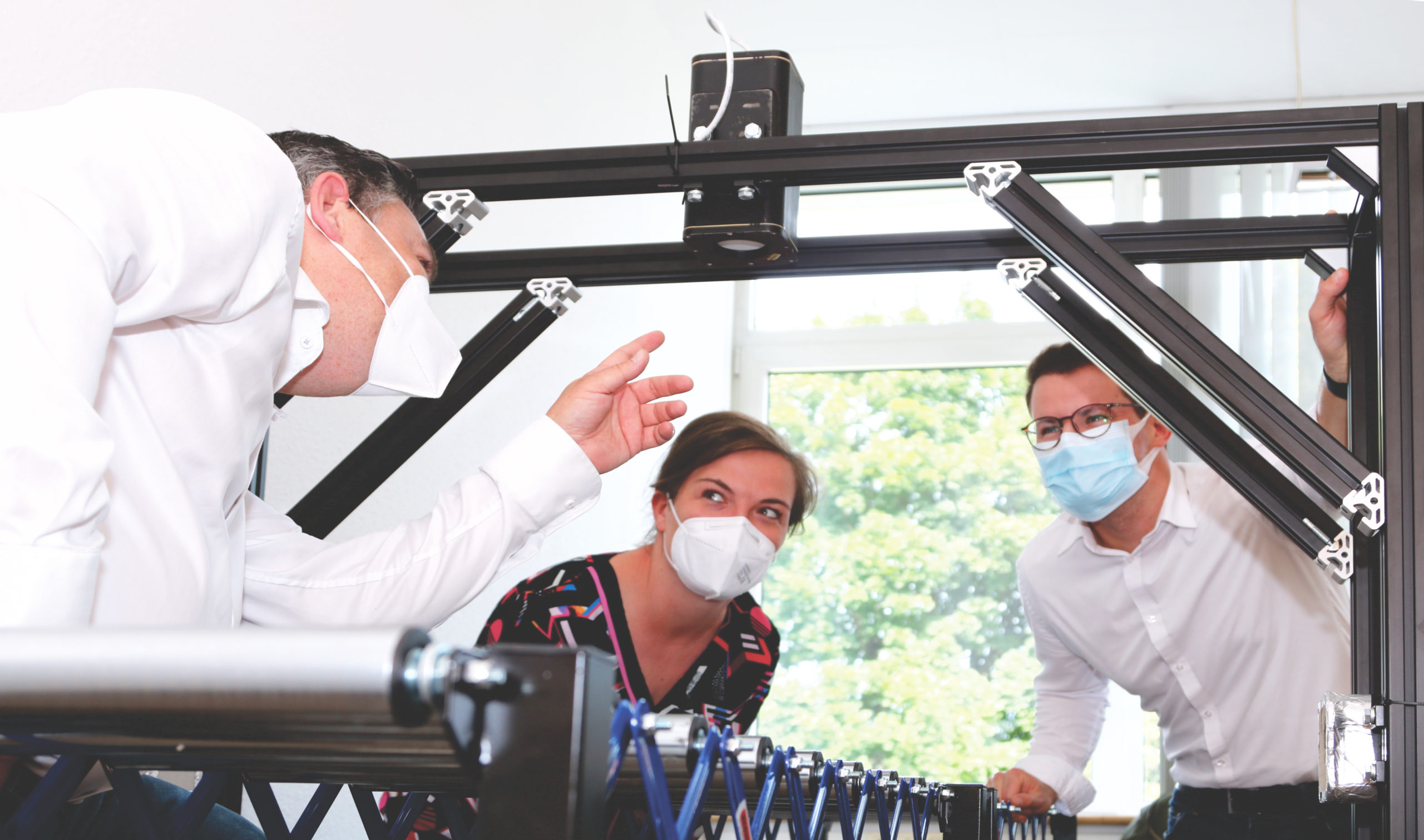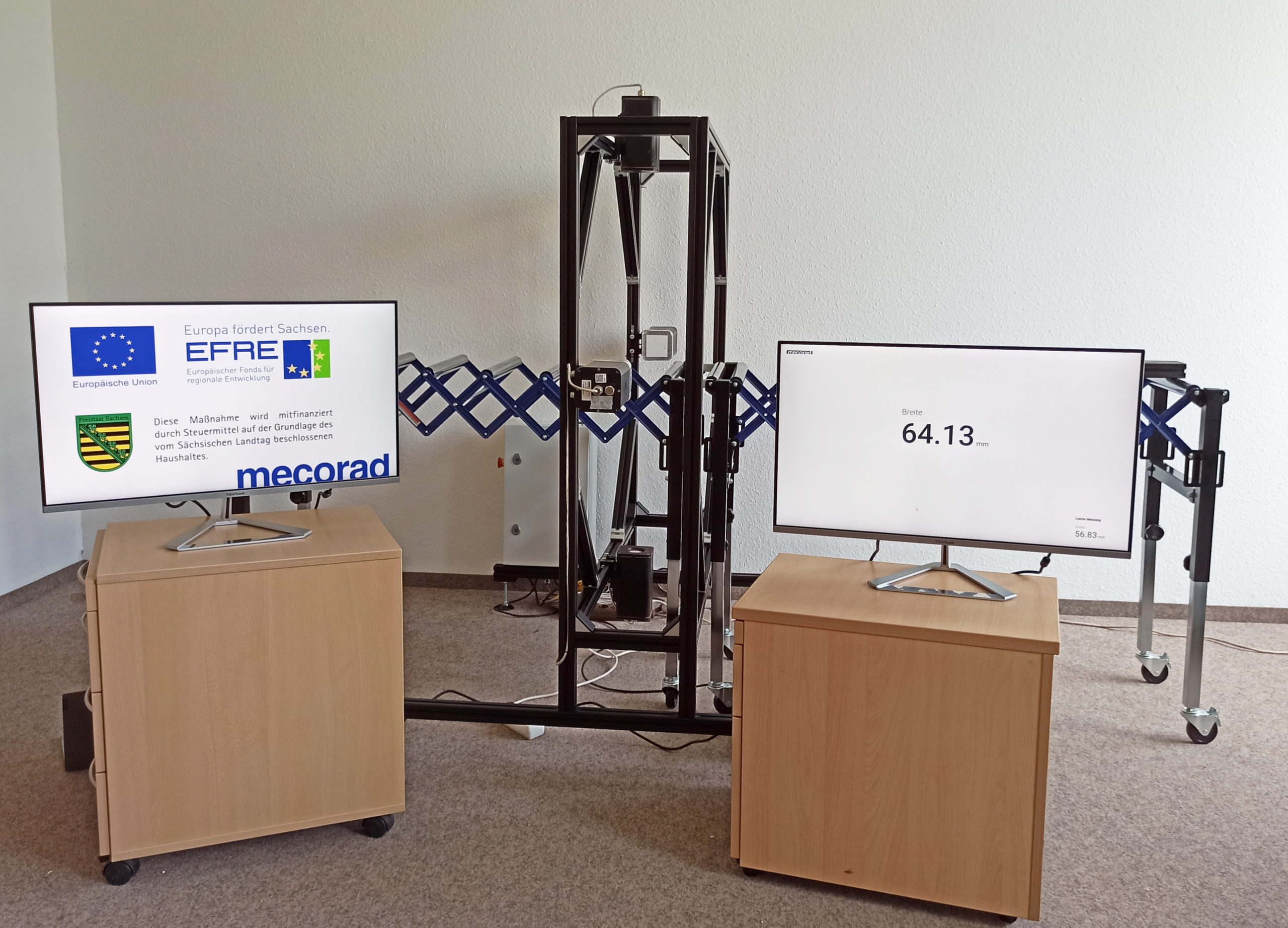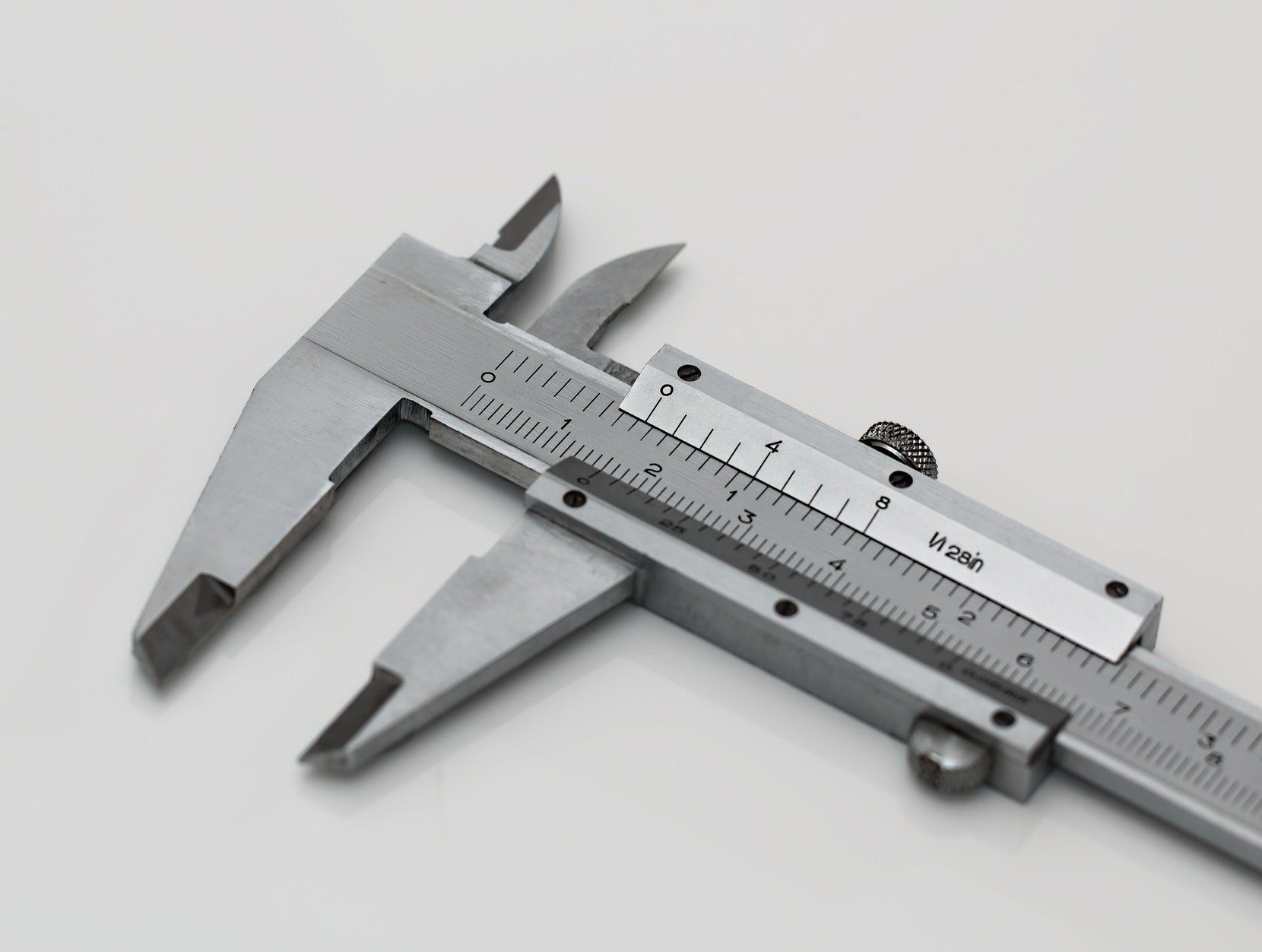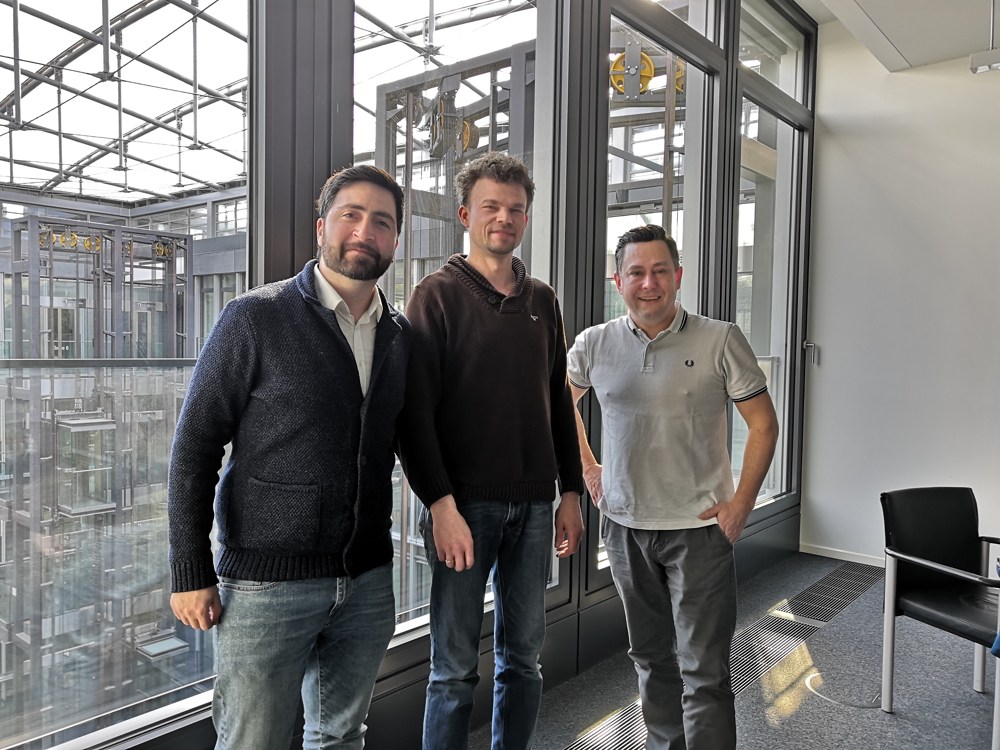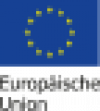The spin-off from Chemnitz University of Technology received start-up funding and start-up support from TUClab and SAXEED in addition to equity financing.
Two years after winning the TUClab award, mecorad founder and managing director Dr. Marc Banaszak met Dr. Joseph Heß, project manager of the TUClab, and Dr. Susanne Schübel, managing director of the start-up network SAXEED, at the TCC Technology Center Chemnitz to speak about current projects and mecorad`s development. Things got hot when Marc Banaszak’s team used the new demonstrator to show that the sensors measure precisely even under extreme heat as it is the case in steel production.
“In mid-2020 we found ourselves in the middle of the corona pandemic and accordingly it was challenging for most of the young companies and start-ups that we work with as part of the TUClab to survive in the market. So it is all the nicer to see how mecorad, which we have promoted and supported, has developed further despite this difficult time,” says Heß.
The order books are now filling up again and the demonstrator presented shows that mecorad is ready to make an important contribution to the digitization of the steel industry. “After the visit, I am very convinced that the company will bring everything that is necessary for this,” adds Hess.
In 2018, mecorad came up with the idea of helping the operators of steel and hot rolling mills to improve their processes with high-precision measurement solutions and applications based on them. In addition, they wanted to support the companies in networking their production to the end customer. The need was and is there, because both the reduction of CO2 emissions from these energy-intensive industries and digitization are currently among the greatest challenges for the steel and metal industry.
Today – three years later – mecorad can provide high-precision measurement solutions that lead to higher product quality and reduce losses in production value. Funding within the framework of the TUClab of the TU Chemnitz prepared the ground for this success. “So far, the rolled steel has not been measured at the process points, but after it has cooled down and in some cases by hand. Our in-house developed radar sensors can measure the still hot material to be formed in real time and use calculation algorithms to output the values to be expected after cooling.” says Banaszak. If the data generated in this way deviates too much from the production plan, the plant operator in the rolling mill can take countermeasures directly and precisely and thus reduce scrap, overtime and thus also CO2 emissions. In order to integrate the data obtained in real time into the IT systems requested by the customers, mecorad also offers tailor-made solutions. The company is helping to digitize steel production along the value chain.
At the meeting in the TCC, Banaszak demonstrated the reliability of the sensors developed by mecorad using a burner at the new demonstrator. The construction of the demonstrator was part of an MEP grant with which the European Union and the Free State of Saxony promoted the market launch of their product line “wtl series for rolling lines”. The funds come from the European Regional Development Fund (ERDF) and the budget of the Free State of Saxony decided by the Saxon State Parliament.
